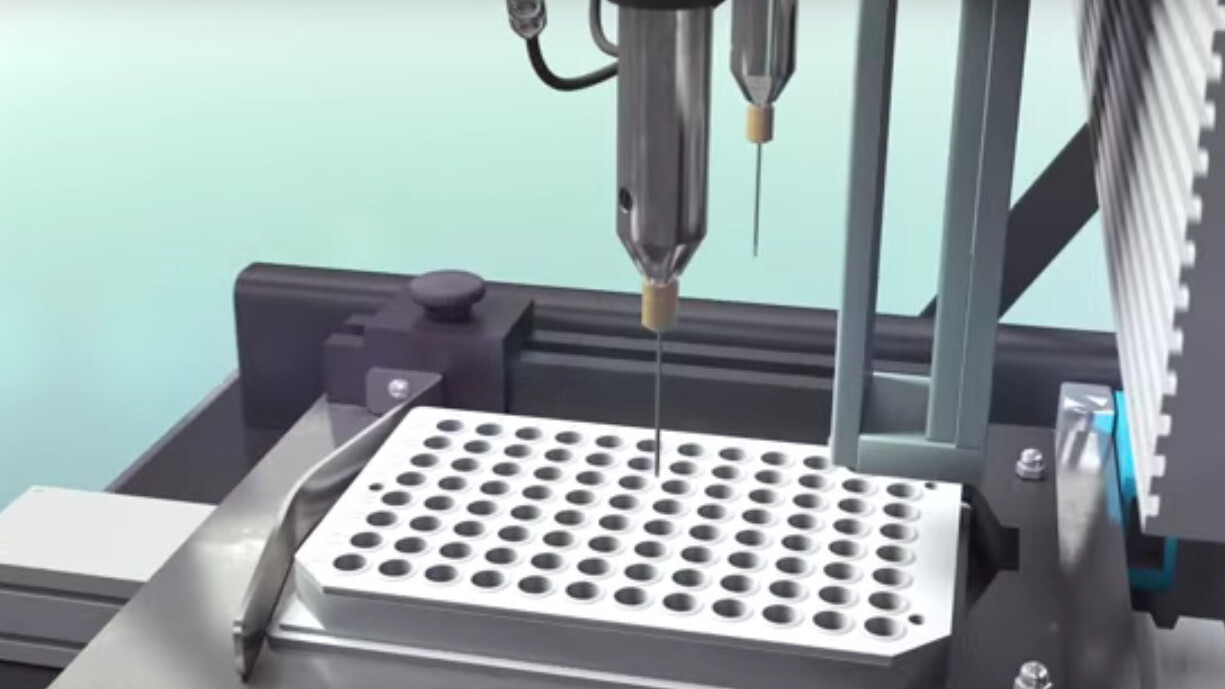
A report from the NPC think tank this week argued that those working in the UK’s social sector will be left behind if they don’t work together to create the kinds of digital experiences that we have all come to expect.
Crowdfunding is replacing charitable giving, while Google and Facebook are already well on the way to becoming the place you go for advice, rather than talking to the experts.
The Tech for Common Good report argues that the UK government should be more involved in coordinating efforts from charities to collaborate on creating digital tools. But it may be too little, too late.
Enter, Nominet Trust and its NT100, which each year finds and selects the top up-and-coming companies and not-for-profits that are addressing profound gaps in the world’s social infrastructure.
These are the innovators that haven’t waited for someone to tell them to get started – covering areas as tough as maternal healthcare in developing nations, energy generation and lifehacks for disabled people.
Here’s a top three ‘ones to watch’ picked for the potential for their tech to truly change the world – and perhaps change the way we think about ‘tech for good.’
BehavioSec
Swedish startup BehavioSec tracks the way you use and hold your devices in order to add an extra layer of authentication to transactions, particularly working in the banking sector.
They can track things like mouse movements, scrolling and swiping speed, and typing patterns in order to build up a digital picture of you.
This means they can tell if your account has been hacked, even if the person has managed to get hold of your personal details.
Biostamp
Biostamp from MC10, who are based out near Boston, have essentially created a temporary tattoo that can measure all your vital signs and send them straight to the cloud.

Perhaps its best use case is as a replacement for plastic identity bracelets in hospitals so the patient, young or old, doesn’t need to be disturbed to have their vitals, including heart rate, blood pressure, hydration and UV exposure, checked.
The device is stretchy and waterproof so you can barely tell it’s there.
exVive3D
Organovo’s exVive3D is bioprinted human tissue created for drug R&D so we no longer have to conduct animal or human testing.
The company can already supply on-demand liver tissue and has plans to enable safe drug testing with kidney, skin and even cancerous tissues.
The team is currently taking part in L’Oréal’s Technology Incubator, with the beauty industry in places like China and the US still making huge use of animals for testing cosmetics.
NT100
Others to make the cut were What3Words for its attempt to address the world and 3D printed homes from China’s WinSun that could address poor housing issues.
And there were a number of projects to ease the refugee crisis, from home-sharing with Refugees Welcome to upskilling project Refugees on Rails, no doubt boosted after 2015’s most iconic image on the Web hit the headlines.
Perhaps the best example of tech and charities coming together this year was the Techfugees hack in London, which brought together the two sectors to curate and create projects to help those fleeing dangerous conditions.
This shows that in desperate times, the two can work together around common goals. Let’s hope this message reaches to the rest of the charitable sector before they are disrupted out of existence.
Get the TNW newsletter
Get the most important tech news in your inbox each week.




